Spray Foam Insulation Offaly
Contact Us For A Free Spray Foam Insulation Quote
Floor Insulation Offaly
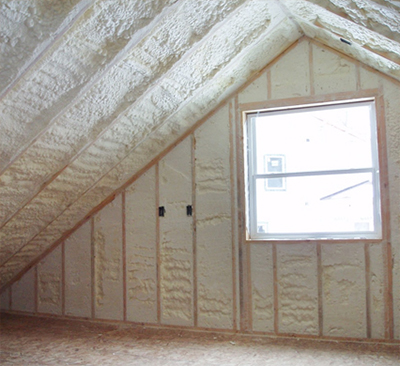
Spray Foam Insulation Offaly
Spray foam insulation with open cells is used for domestic applications, including attic insulation, roof insulation and floor insulation. The foam cells are transparent so water vapour can easily pass through them. This allows your roof timbers and other structures to breathe, while also maintaining an airtight seal.
It is the most energy efficient insulation material and allows for homes that are more energy efficient, thus reducing energy costs.
It keeps your home warmer during colder months and cools it down during summer. Your home is enclosed by an airtight barrier, which prevents the entry of cold winds and driving rain.
Spray foam insulation is a better alternative to traditional insulation. You can use it on any part of your house, such as your roof, loft, walls, floors and floors. Spray foam is a great way to keep your home warm and save energy. For a free quote or to discuss how we could help your commercial or residential property, contact us today.
Benefits of Spray Foam Insulation for your home
It helps reduce harmful CO2 emissions that cause global climate change and warming. Spray foam insulation is available in both closed and open cell versions. This insulation offers unrivalled levels of air tightness, uValues and cost effectiveness.
Spray foam insulation is widely regarded as one the most adaptable and versatile insulation materials on the Irish market today. Spray foam insulation is renowned for its ability, once sprayed on-site, to fill every nook or crevice.
Spray foam insulation, widely considered the best choice for insulation in your attic, is widely regarded as the best. Spray foam insulation expands up to 200 times its normal size and can be applied quickly. Its cells stay open which allows water vapour and moisture to escape the structure, preventing mould and other harmful substances from building up.
Spray foam insulation can be used for both residential and industrial purposes. Polyurethane foam can be used to insulate homes. Spray foam insulation can be applied using a foam gun. This liquid expands in order to fill all spaces and hardens into a tight seal.
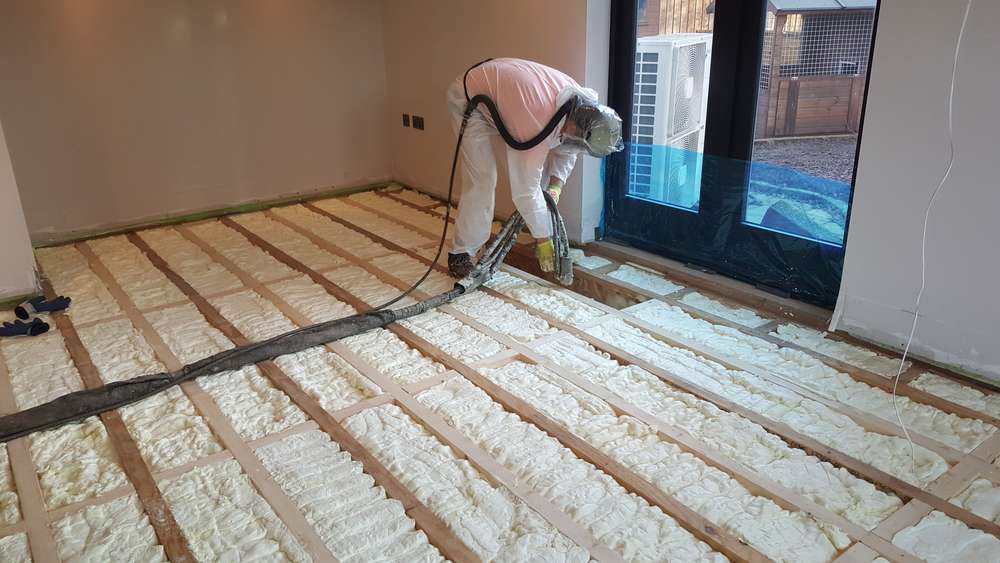
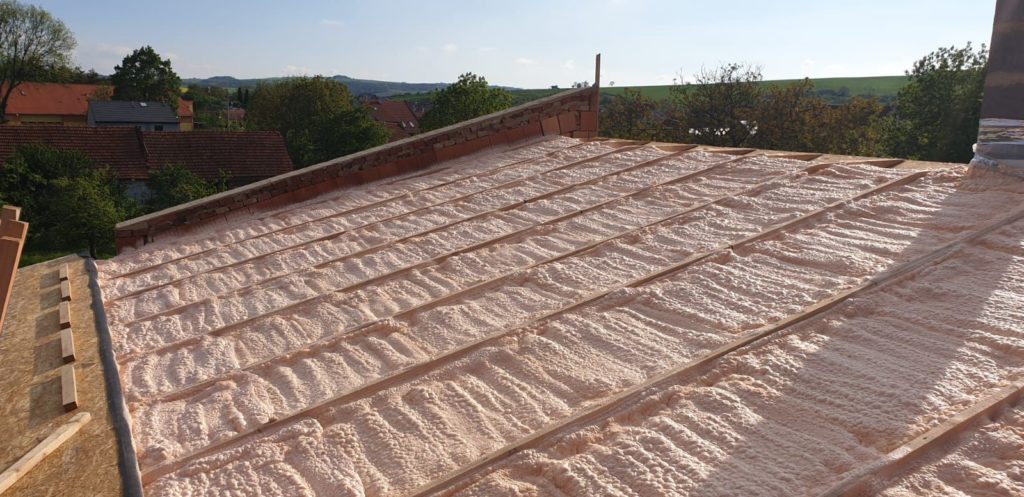
Cost Price Of Spray Foam Insulation
Spray foam insulation can be a great alternative to traditional insulation materials like rock wool, fiberglass and cellulose. Protects from heat loss, woodrot, mold, and dampness. Lasts a lifetime. The noise of the outside environment is dramatically reduced from entering the home and business.
Spray foam insulation can be made from two materials: isocyanate (a polyol resin) and is gently heated. They then come together at a tip of a sprayer to form an expanding mousse that is applied to a certain area. The liquid quickly turns into thick, dense foam insulation. It resists heat loss, wood-rot, mold, and dampness. It doesn’t degrade and it lasts a lifetime.
Spray foam insulation’s main attribute is its ability “air seal”, which results into an airtight envelope within buildings. Air sealing can reduce heat loss from the home, which will help you save money on utility bills. It also keeps your home cooler in the summer.
Insulation in attics is almost always sprayed using open cell spray foam. This allows moisture to escape from your structure. Irish building regulations require that a 50mm gap be maintained between the roof deck, felt, and the top of insulation material.
Insulate Your Offaly Property Properly
The most important characteristic of spray foam insulation is its ability to create an “air seal”, which results within an airtight building envelope. Air sealing prevents heat from escaping the house. This can reduce utility bills as well as keep the home cooler in the summer. Our spray foam commercial insulation is superior to any other type of insulation. Commercial insulation is cost-effective and offers several other benefits.
Spray foam insulation is what we are experts at. For advice or information about making your home more energy-efficient and comfortable, please contact us. If you are tired of paying high heating bills, then you have come to the right place. We are market leaders in spray foam insulation. We love what we do, and we are proud to say that we have a large customer base who is satisfied with our products.
Spray foam has exceptional insulation properties. It can be easily accessed in areas that traditional insulation is not possible or very difficult to make. This may be an option for you, provided that you accept the chemicals involved and the other downsides.
You own an old house. To save money and make your house warmer and more comfortable, you can still make energy efficient improvements to it. An attic room can be insulated correctly to reduce damp, interstitial condensation, and even rot.
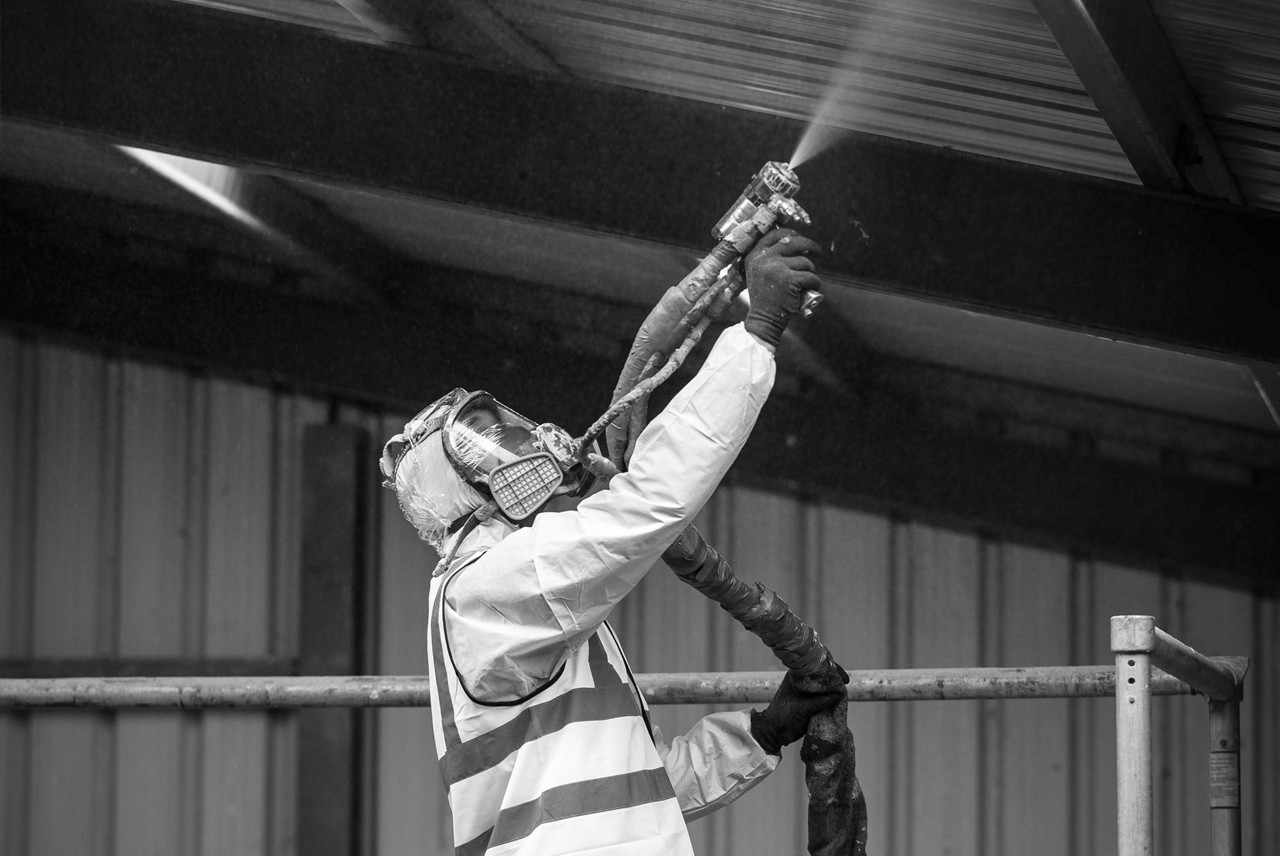
Areas We Service
Leinster
Munster
Connaght
Ulster
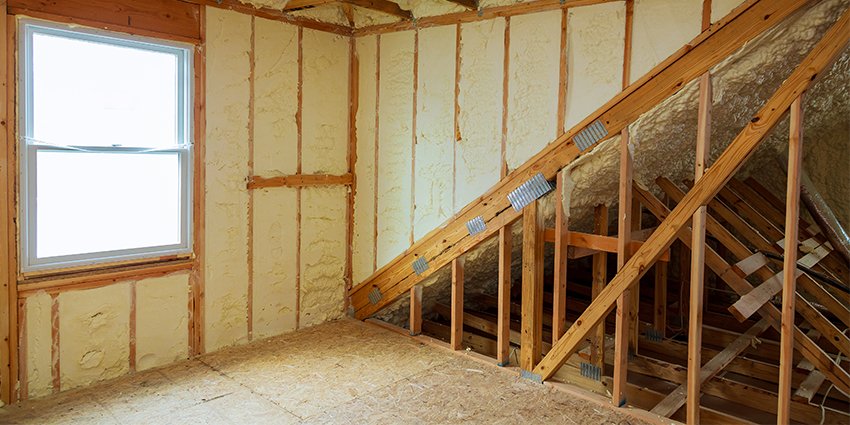

Parkhill, Dublin
01 5255297

